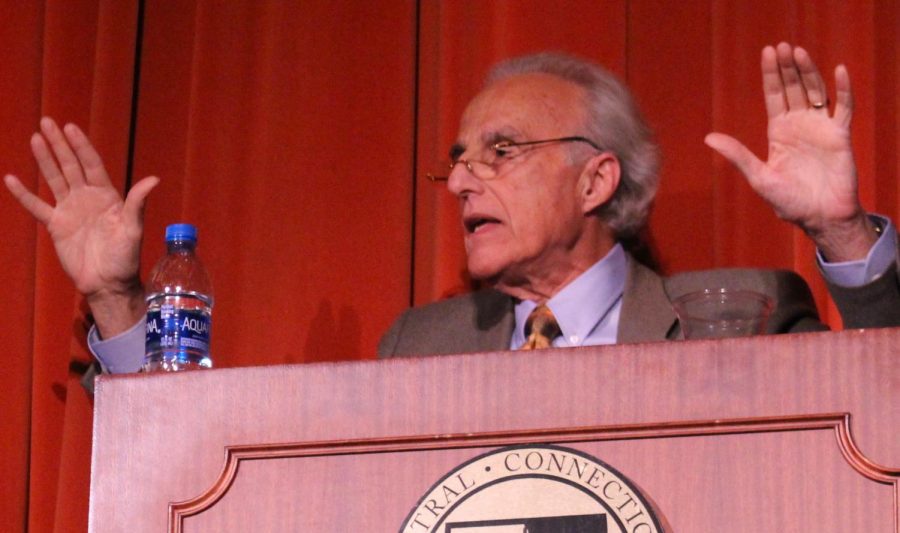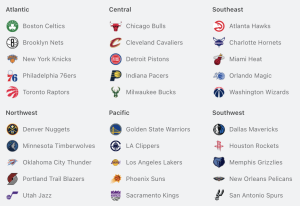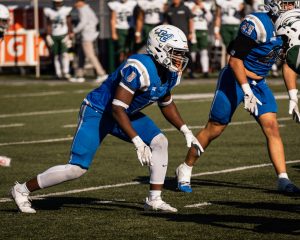Islamophobia and Terrorism in the Age of Trump
October 7, 2019
The birth of the word “islamophobia” roots in Europe in the 1990s, where articles about it were being published already. However, it was not used in America until 2010, when Time’s magazine titled their cover story: “Is America Islamophobic?”
Professor John L. Esposito answered this question as several members of the Central Connecticut community gathered to hear him discuss islamophobia and terrorism in the age of Trump in Torp Theater of Davidson Hall.
Esposito, professor of religion, international affairs and Islamics studies at Georgetown University, is the founding director of a Muslim-Christian-understanding center and an “Ending Islamophobia” initiative. He has written more than 55 books about the subject of the fear of Islam and is known world-wide for his work.
During his speech, Esposito shared his knowledge about Muslims and Islam, the globalization of concept of Islamophobia and people’s misunderstandings of it. As well as where Donald Trump and his administration stands regarding this group of people during his elections and presidency.
“The speech was amazing and a much-needed topic to happen on this campus,” political science and sociology double major Kristina DeVivo said. “The truth and facts were undeniable and a sad reality,” she continued.
“Islamophobia is an extreme fear and and hostility towards Islam and Muslims, which often leads to social and political discrimination and can be used to rationalize violence; manifested in hate speech, hate crimes and military attacks,” Esposito explained.
Exposito further explained how this fear has grown exponentially throughout the years. The fear of not just Muslims extremists and terrorists but of Islam and Muslims as a whole has become normalized in American and European culture.
“You can write anything you want about Islam and Muslims in the newspaper [but] you wouldn’t say about a Jew, a Catholic, or an Italian,” Esposito said. “In today’s world, even the president or a member of congress can say whatever they want,” Esposito continued.
Esposito cites that during an interview on CNN, President Trump was asked if he thought that Islam was in war with the West.
“I think Islam hates us,” Trump replied.
But how does Islam “hate us” President Trump?
“Saying that Islam hates is like saying that Judaism hates us, or Catholicism hates us,” Esposito explained.
In fact, he mentioned that seven countries adopted the Muslim ban just because they were afraid of terrorists argued as to why is the world treating all Muslims like terrorists.
Based on a 23-year-spa study set in Canada, along with an reporting an overview of over 2 million articles from the New York Times, it was found Islam and Muslims were portrait more negatively than alcohol, cancer and cocaine. Judging from these findings, the average reader would likely create a negative bias towards Muslims, assuming they are all bad and the same, according to Esposito.
“What happened in 9/11 was catastrophic, but is using the phrase ‘War on Global terrorism’ very accurate? What does it say specifically? Do you distinguish areas and countries?” Esposito countered.
Research shows that no religious, social or ethnic group has received or is actively facing greater discrimination in the United States than Muslims.
Throughout the 2016 presidential elections, several candidates discussed the works of Islam, one of which including Ben Carson who believes a Muslim should renounce to their faith in order to be president.
Pushing past American politics and culture, Islamophobia has began to create an impact on U.S. domestic and foreign policies. President Trump has talked about wanting to close and monitor mosques across the country, as well as terminate immigration from the Muslim world.
“We need to be concerned not only about our foreign policy, but also about our situation in America,” Esposito said. “In America, I think the real test is to what extent do we embrace pluralism; political pluralism and religious pluralism?”




